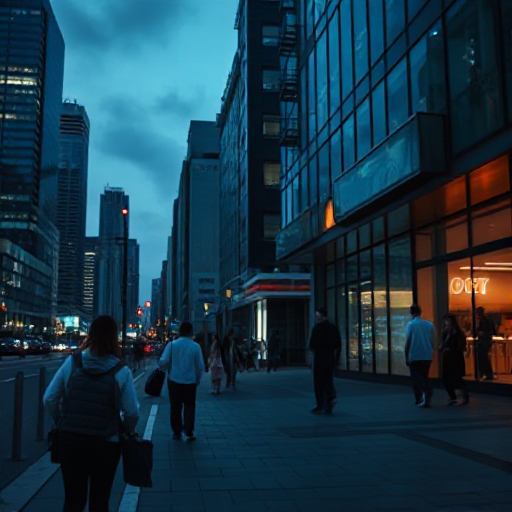Breaking Free from Urgency Culture:
Reclaiming Balance in a Fast-Paced World
Look Within
In our interconnected world, the pressure to be "always on" has created a relentless culture of urgency. This modern-day dilemma—marked by constant deadlines, immediate responses, and the expectation of perpetual availability—is one of the highest causes of stress in today’s personal and professional lives. But what if we could break free?
Urgency culture may seem productive, but its toll is far-reaching. It triggers our "fight or flight" response, heightening anxiety, reducing focus, and ultimately leading to burnout. According to a National Geographic article, urgency disrupts our mental resilience, leaving us overstimulated and desensitized to joy. Additionally, as outlined in a Harvard Business Review article, false urgency—a frantic busyness with little meaningful progress—has become alarmingly common, fueled by heightened connectivity and expectations for rapid responses. This isn’t just a personal issue; it impacts how we work, live, and connect.
At Look Within, we believe in cultivating inner calm through mindfulness, yoga, and other holistic practices to counteract the tide of urgency. While these tools support overall well-being, there are practical strategies you can adopt immediately to create balance and increase energy:
1. Recognize False Urgency
False urgency reflects the anxiety-driven busyness that feels productive but delivers little value. According to the Harvard Business Review, recognizing the signs is crucial: Are you and your team constantly overwhelmed, reacting instead of focusing? Awareness is the first step toward change.
2. Set Boundaries
Ask yourself: Is this task urgent for me, or is it urgent for someone else? Define boundaries for your time and energy, and communicate them clearly. For example, specify response times to emails or requests, reducing the pressure to react instantly. Strategic prioritization helps separate true urgency from false alarms.
3. Embrace Mindfulness and Meditation
Practices like mindfulness and meditation anchor you in the present moment. Even five minutes of focused breathing or quiet reflection can shift your mental state from chaos to clarity. Daily rituals like journaling or mindful stretches can set a calm and intentional tone for the day.
4. Prioritize Single-Tasking
Multitasking overstimulates the brain, decreasing both productivity and emotional well-being. Focus on one task at a time, immersing yourself fully. This enhances not only efficiency but also your ability to find joy and purpose in the process. The Harvard Business Review suggests employing “strategic procrastination” for non-urgent tasks, which allows time for creative insights to emerge.
5. Build Whitespace into Your Day
Schedule short breaks between tasks to reset and recharge. Whether it’s stepping outside, meditating briefly, or simply breathing deeply, whitespace moments allow you to sustain energy throughout the day. Creating these pauses can counteract the perpetual reactivity that false urgency fosters.
6. Negotiate Priorities
Not all requests demand immediate action. Collaborate to set realistic deadlines that align with shared goals, helping to reduce unnecessary pressure. Leaders are encouraged to shield their teams from the cascade of demands and strategically assess trade-offs to foster sustainable workflows.
The Role of Look Within
While urgency culture may be widespread, it is not insurmountable. Platforms like Look Within provide accessible tools to help individuals reconnect with themselves—body, mind, and spirit. This isn’t about selling a service; it’s about creating a movement toward intentional living in the modern age.
Our programs are designed to meet people where they are, offering resources to practice mindfulness and meditation and reclaim calm, balance, and purpose amidst the noise. Whether you’re an executive navigating high-stakes responsibilities or someone trying to find peace in daily life, the principles of mindfulness and deliberate living hold transformative power.
A New Way Forward
Urgency culture isn’t sustainable, but change starts with small, intentional shifts. By integrating these practices into our lives, we can reframe what it means to live and work—moving from a state of constant alertness to one of meaningful presence. The ripple effect is profound: less stress, more creativity, deeper connections, and a life that feels truly lived.
So, let’s take a moment to pause. To breathe. To ask ourselves: What truly matters?

